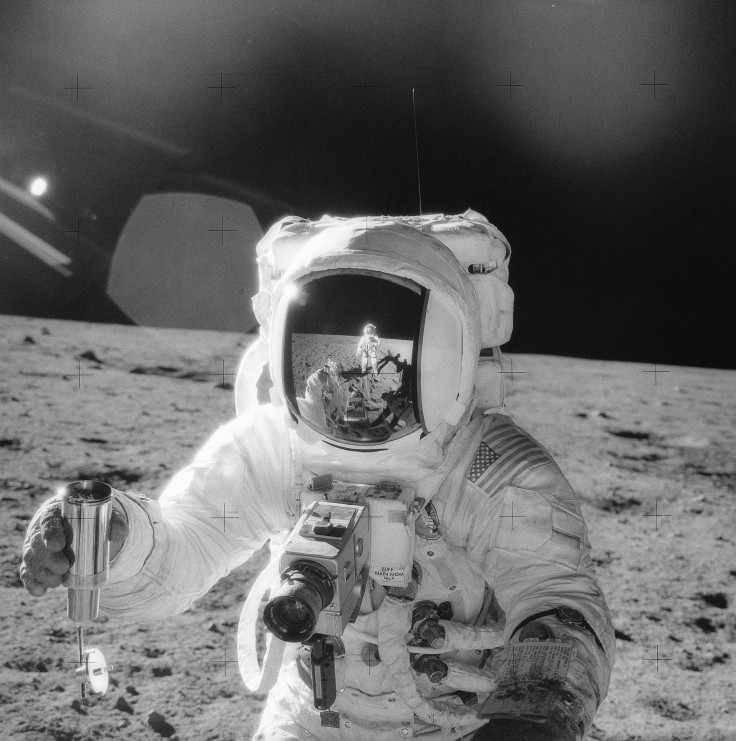Astronauts Not Dying From Space Radiation, New Study Reveals

A new study revealed that there is no concrete link between the effects of space radiation and the deaths of astronauts and cosmonauts. The findings of the study can offer helpful insight into NASA’s future human expedition and colonization missions to the Moon and Mars.
The study was spearheaded by Robert Reynolds of California’s Mortality Research and Consulting. It was published in the latest issue of the journal Scientific Reports.
Together with his colleagues, Reynolds looked at the data collected on 301 astronauts and 117 cosmonauts who were part of space missions from 1960 to 2018.
The researchers discovered that a total of 89 space farers have died due to various causes. According to the researchers, 38 percent of the astronauts and 17 percent of the cosmonauts died due to external factors such as accidents caused by spacecraft, aircraft and automobile mishaps.
As for the others, Reynolds’ team noted that they died due to cancer and cardiovascular diseases. Although it is widely believed that radiation from space can cause these illnesses, these can also be attributed to other factors such as genetics.
After studying statistical data regarding these illnesses and the deaths of astronauts and cosmonauts, the researchers concluded that they were not able to find a direct correlation between space radiation and mortality causes.
Despite their findings, Reynolds still believes that radiation from space still poses a threat for astronauts and cosmonauts. He believes the subjects’ time in space wasn’t long enough for them to get fully exposed to radiation.
“We would expect that at some level of dose there should be adverse health effects,” Reynolds said in a statement according to Discover Magazine. “We keep getting the answer ‘no.’ This doesn’t mean radiation isn’t harmful or greater doses wouldn’t be. But so far the doses have been low enough that we don’t see anything.”
According to Reynolds, most of the space missions sent the astronauts and cosmonauts within Earth orbit. In this region, they are still protected by the planet’s magnetic fields from the radiation of outer space. As for those who ventured to the Moon, they didn’t stay long enough to get affected by radiation.
The study carried out by Reynolds and his team can provide helpful information to NASA and other space agencies for their future missions. Aside from its return to the Moon, NASA has already expressed interest in sending human expeditions to Mars in preparation for a possible colonization project. NASA and other agencies could use the study to develop effective ways in protecting future astronauts in their upcoming missions.
© Copyright IBTimes 2024. All rights reserved.





















